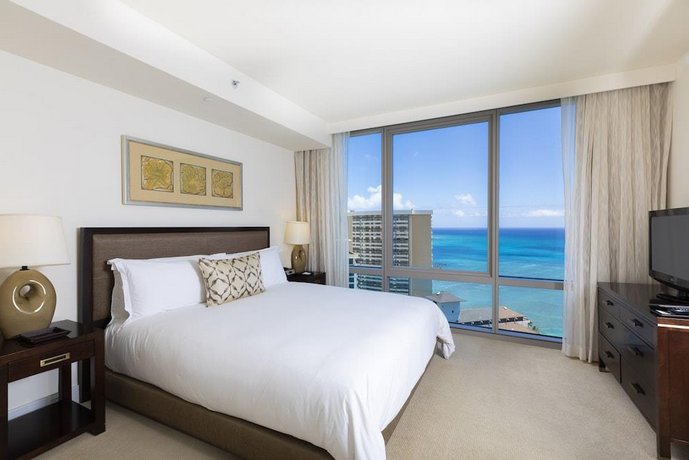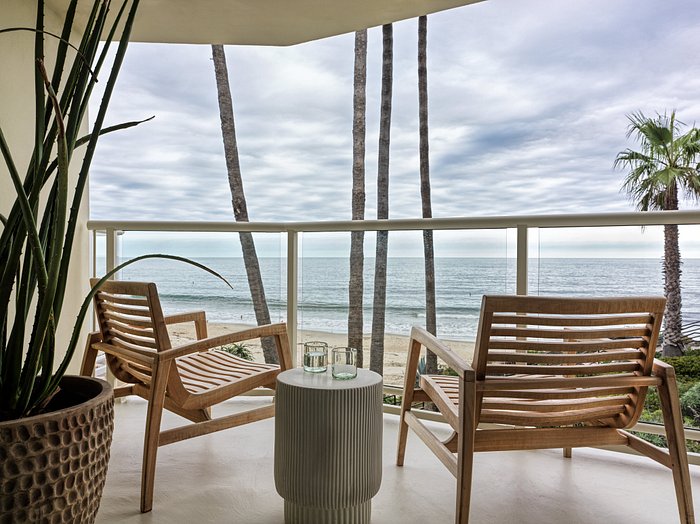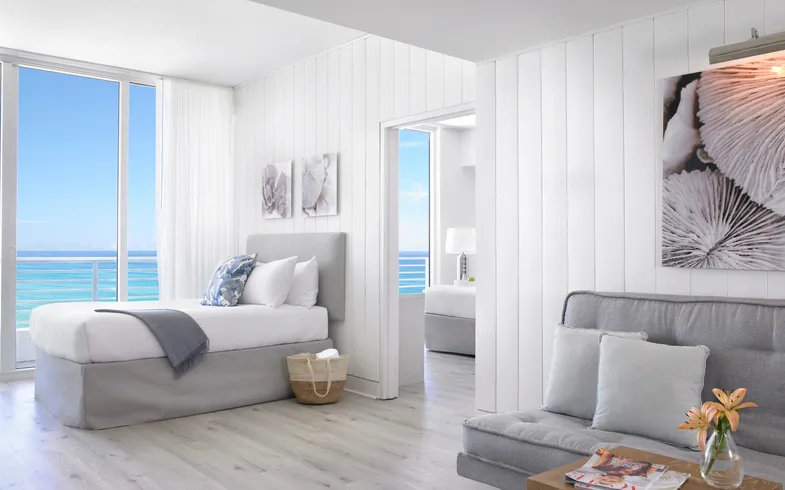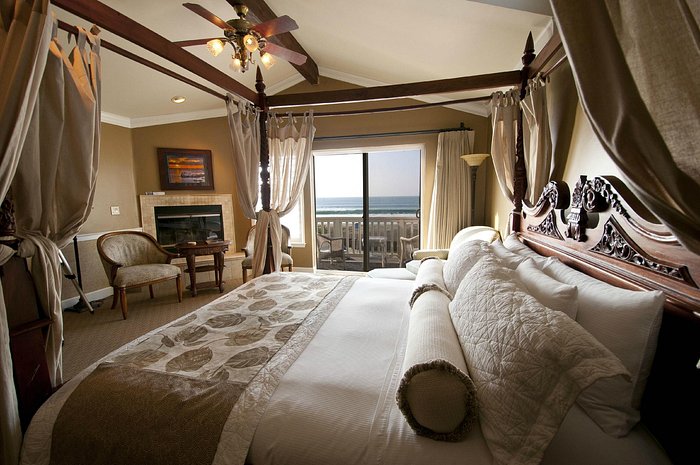In recent years, the focus on water conservation has grown significantly, especially in locations like beach bed and breakfast establishments, where the beauty of nature is a key attraction. Implementing efficient water conservation strategies can not only reduce costs but also appeal to environmentally conscious travelers.

The Importance of Water Conservation
Water conservation is crucial for preserving natural resources and maintaining a sustainable environment. At beach bed and breakfasts, where resources can be limited, it becomes even more vital. By adopting sustainable practices, these establishments can play a significant role in protecting local ecosystems.
Implementing Eco-Friendly Practices
Installing Low-Flow Fixtures
One of the simplest methods to save water is by installing low-flow fixtures. These include low-flow faucets, showerheads, and toilets that significantly reduce water usage without compromising on comfort. This small change can lead to substantial savings and contribute to a more sustainable operation.
Using Rainwater Harvesting Systems
Rainwater harvesting is an effective way to utilize natural resources. By collecting and storing rainwater, beach bed and breakfasts can reduce their reliance on municipal water supplies. This water can be used for irrigation, laundry, and other non-potable purposes. Learn more about sustainable practices on US News Travel.
Engaging Guests in Water Conservation
Educational Signage
Providing educational signage around the property can inform guests about the importance of water conservation and encourage them to participate in these efforts. Simple reminders to turn off taps or reuse towels can make a big difference.
Offering Incentives
Incentivizing guests to conserve water can be a fun and engaging way to promote sustainable practices. Offering discounts or small rewards for guests who participate in conservation efforts can enhance their experience and encourage repeat visits.
The Role of Technology in Water Conservation
Smart Irrigation Systems
Implementing smart irrigation systems can optimize water usage for landscaping. These systems use sensors to determine soil moisture levels and adjust watering schedules accordingly, ensuring that plants receive the right amount of water without wastage.
Water Usage Monitoring
Using technology to monitor water usage can help identify areas where improvements can be made. By analyzing data, beach bed and breakfasts can implement targeted strategies to further reduce water consumption.
Case Studies of Successful Water Conservation
Innovative Approaches
Several beach bed and breakfasts have successfully implemented water conservation strategies. For example, some have adopted greywater recycling systems, which allow water from sinks and showers to be reused for irrigation.
Community Involvement
Engaging with local communities can enhance water conservation efforts. By partnering with local environmental groups, beach bed and breakfasts can participate in larger conservation projects, fostering a sense of community and shared responsibility.
Challenges in Water Conservation
Overcoming Resistance
One of the challenges in implementing water conservation practices is overcoming resistance from staff or guests. Education and communication are key to addressing concerns and highlighting the benefits of sustainable practices.
Balancing Costs and Benefits
While there may be initial costs associated with implementing water conservation measures, the long-term benefits often outweigh these expenses. By carefully planning and prioritizing initiatives, beach bed and breakfasts can achieve both financial and environmental sustainability.
The Future of Water Conservation in Hospitality
As the hospitality industry continues to evolve, water conservation will remain a critical focus. By staying informed and adapting to new technologies and practices, beach bed and breakfasts can lead the way in sustainable tourism.
Conclusion: A Sustainable Destination
By embracing water conservation practices, beach bed and breakfasts can create a more sustainable and appealing destination for travelers. These efforts not only contribute to environmental protection but also enhance the overall guest experience. For more ideas on creating an eco-friendly establishment, visit Beach Bed and Breakfast Ideas.

FAQs on Water Conservation
What is the most effective way to conserve water at a beach bed and breakfast?
Installing low-flow fixtures and using rainwater harvesting systems are among the most effective methods.
How can guests be encouraged to conserve water?
Providing educational signage and offering incentives can effectively engage guests in water conservation efforts.
Are there cost benefits to implementing water conservation practices?
Yes, while there may be initial costs, the long-term savings and environmental benefits make it a worthwhile investment.
This article contains affiliate links. We may earn a commission at no extra cost to you.






